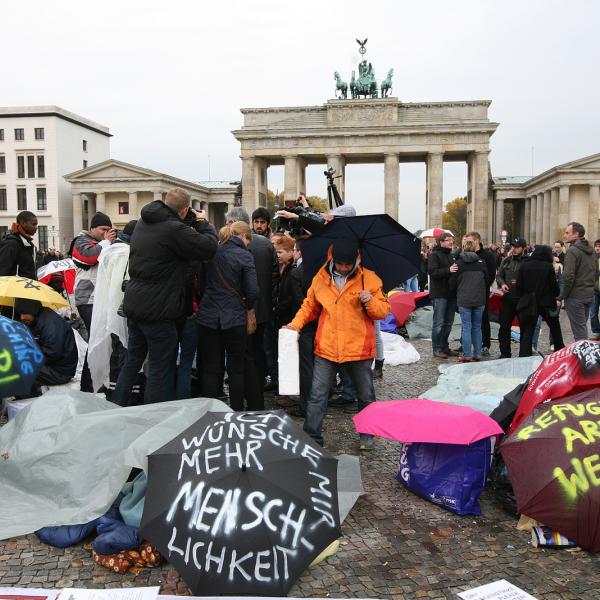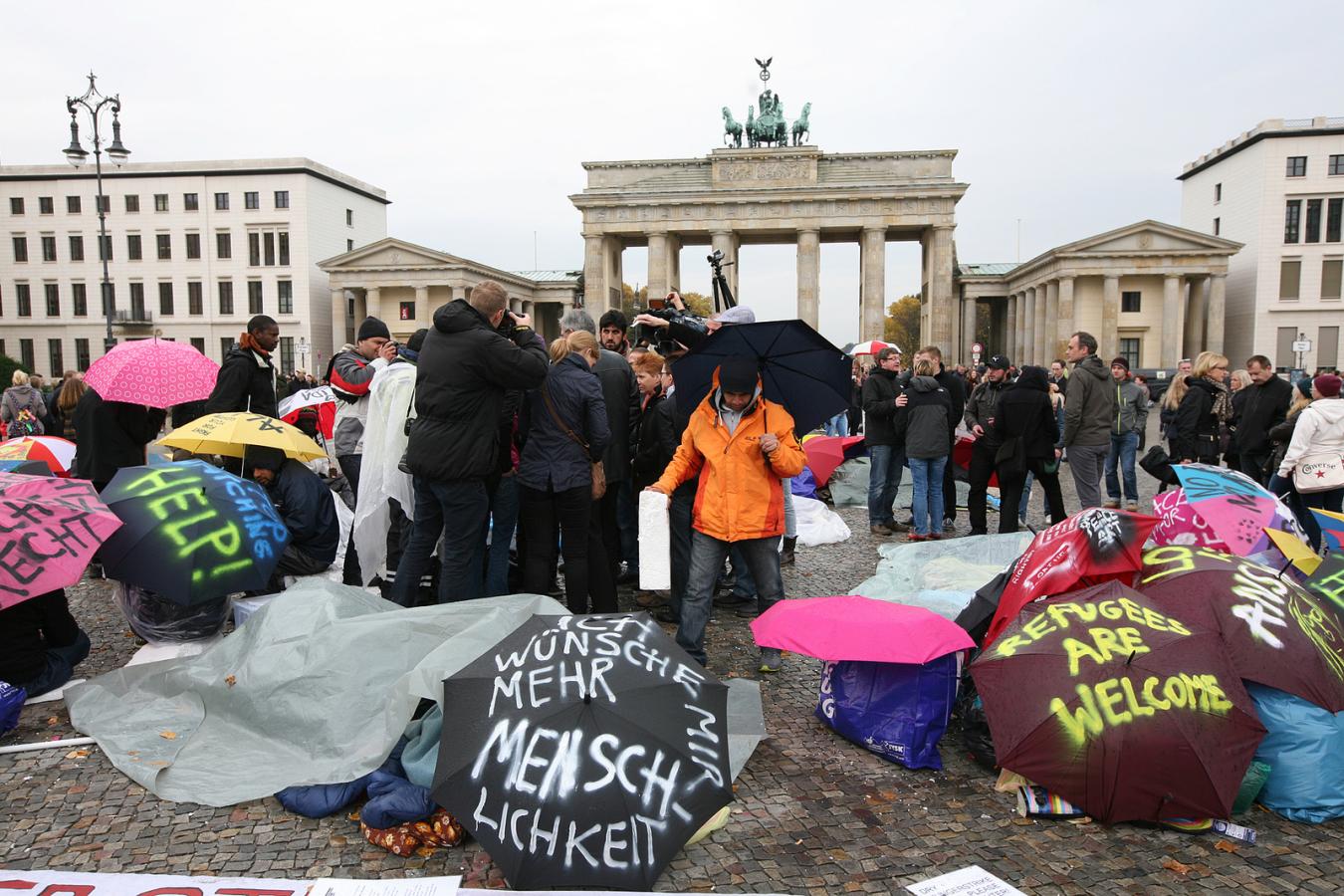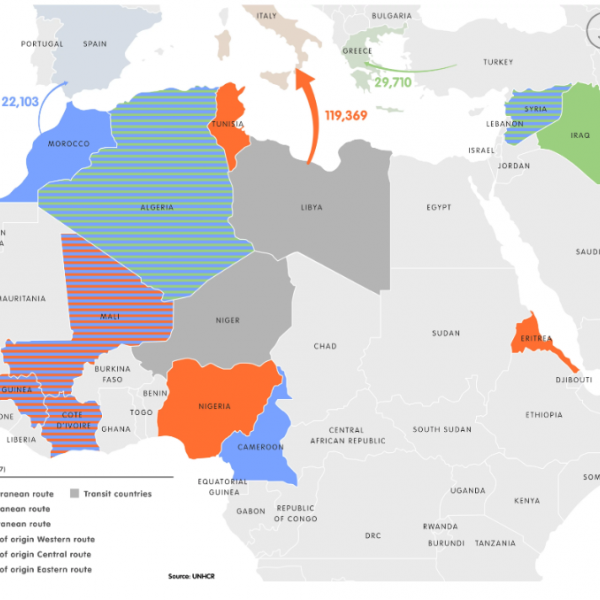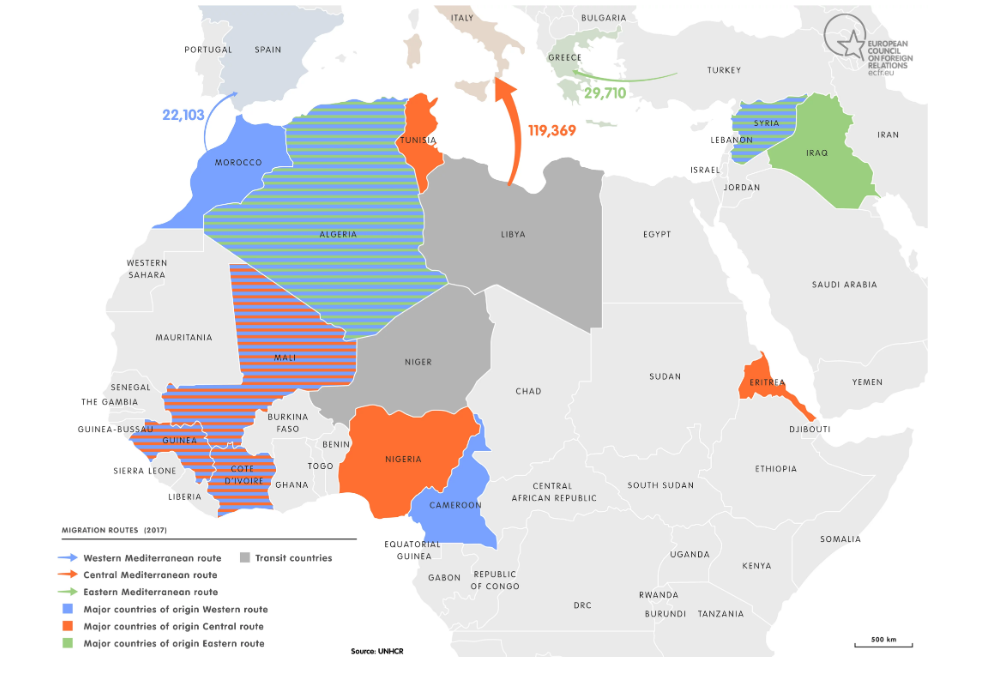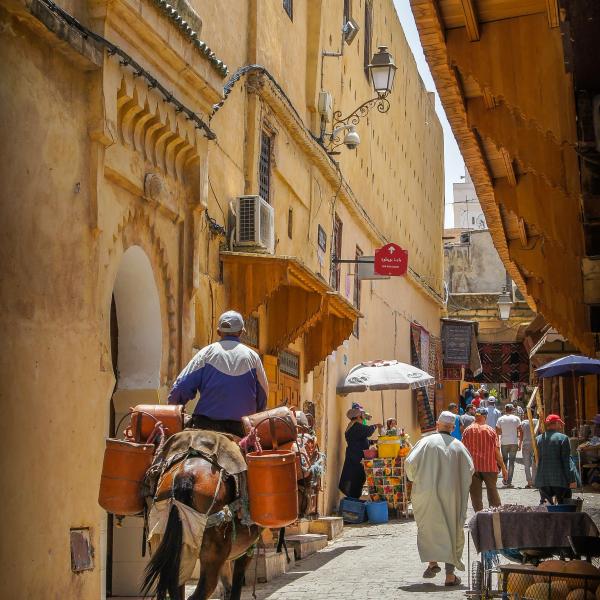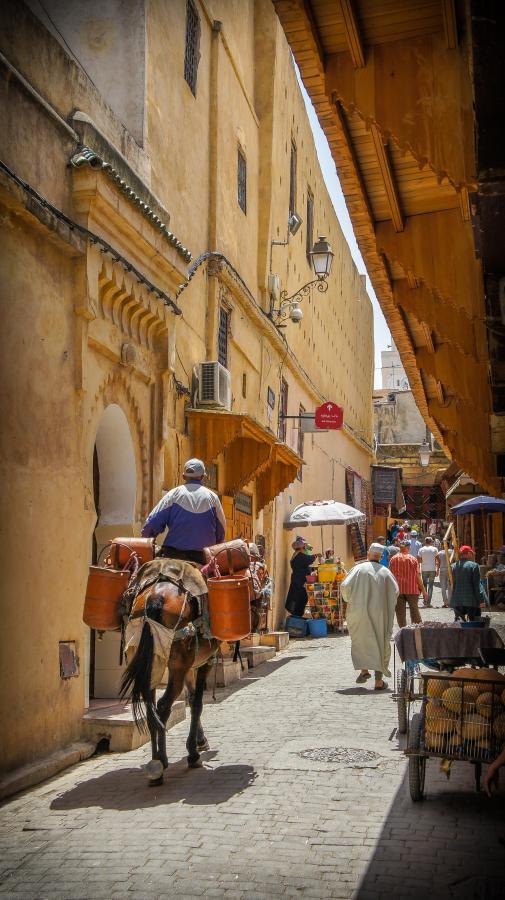Fall
L61 FYP 2243 Mediterranean Migration: Dynamics and Consequences on the EU and MENA
What are the causes, dynamics, and consequences of international population movements? What are the key trends and patterns of migration in the major world region? How do migration trends form both destination and origin societies? What are the effects of migration and increasing ethnic diversity on national identity and politics? How has the Global North elected to manage the forced flow of people from the Global South? We will address these questions among others and survey the critical assessments of the policies whereby the host nations try to manage these flows and discourage mobility. The readings of the first weeks of the Spring semester - based on our main textbook the Age of Migration- will give us a profound understanding of the theories of migration, and empirical research from a variety of disciplines; namely Sociology, Political science, history, anthropology, and geography. We will also have an opportunity to hear from some of the leading scholars and Journalists, lawyers specialized in international migration law...We will also watch short documentaries to get a closer sense of cases in the EU and MENA regions. Our End of the Semester project will be exploring success stories of migrants in St. Louis; this could be building on your project in the Fall semester, or we could agree on identifying success stories of refugees/ migrant communities in the state. E.g. the Iraqi, Senegalese, Bosnian communities. We will discuss details of the Planned End of Spring Semester Trip to Sicily (Italy) and Morocco.
Spring
L61 FYP 4322
This Course will continue our investigation of the Dynamics of Migration in the MENA and African countries primarily, and re-orient the discussions towards some of the much-overlooked causes of migration: Colonialism, Globalism. To achieve genuine refugee/ Migrant oriented reform policies, the Global North needs to reconcile with its colonial past. Towards this end, we will highlight how the history of Migration is deeply entangled with colonialism. Our readings based discussions will focus on analyzing how colonial logics continue to shape the dynamics of migration as well as fuel the growing Xenophobia and Anti-migration rhetoric in the Global North towards intercontinental human mobility.
In order to understand the enduring legacies of colonialism on the contemporary politics of migration, our discussions will argue the premise that colonial histories should be central to migration studies today for there to be real reform in refugee, asylum, and migrant policies.
We will explore a wide range of inspiring and challenging perspectives on migration and learn what postcolonial and decolonial scholarships can offer us studying international migration today.
We will address these areas through our weekly readings of Migration Studies and Colonialism as a primary source; we will also survey a selection of articles as a secondary source. To supplement the readings, we will watch short documentaries addressing the topic as well as hear from activists, journalists and specialists in the field.
Our project for this Semester will be on the resettlement and integration hardships refugees and asylum seekers face in the host countries. Towards the second half of the Semester, we will discuss the final steps of the end-of-year study trip, which will illuminate the global challenges we studied through first-hand experiences in Morocco and/or Italy. Trip will be two days after final exams and lasts for approximately two weeks.
Will this program's travel component be affected by COVID-19?
This Ampersand Program typically has an international travel component, which could be affected by federal and local guidelines related to health, safety, and security considerations. This program's main academic component will not be affected.

